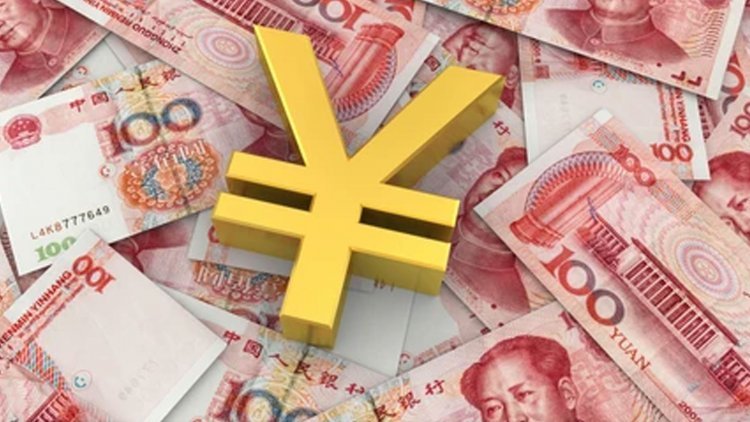Yuan increases in anticipation of COVID policy easing; USD declines
The US dollar lost some of its overnight gains and headed generally weaker after rising concerns about China's COVID issue in the previous session.

A COVID-19 press conference in China later in the day, which is stoking hopes of a potential easing in the nation's stringent pandemic restrictions after an unprecedented episode of unrest, caused the yuan to rise on Tuesday.
A statement from the nation's National Health Commission stated that its representatives and others from two agencies involved in disease control and prevention would speak at a COVID press briefing on Tuesday at 0700 GMT. As a result, the offshore yuan was nearly 0.9% stronger at 7.1832 per dollar.
According to Alvin Tan, head of Asia FX strategy at RBC Capital Markets, "people are getting fairly enthused about any form of reopening."
The US dollar lost some of its overnight gains and headed generally weaker after rising concerns about China's COVID issue in the previous session.
The Australian dollar, a popular liquid substitute for the yuan, increased 0.77% to $0.6704. The New Zealand dollar increased 0.71% to $0.6204.
The value of the pound rose 0.36% to $1.2001.
Investors flocked to the safe-haven dollar in the previous session due to rising tensions in China over the nation's strict pandemic measures, which caused the antipodean currencies and sterling to decline by more than 1% overnight.
After crowds in Shanghai and Beijing and in other Chinese cities protested against the government's rigorous zero-COVID policy over the weekend, police stopped and searched people there on Monday.
As a display of unity, protests have expanded to at least a dozen places worldwide.
In other news, the euro increased by 0.38 percent to $1.03795 after overnight surge to a five-month high of $1.0497.
In an overnight statement, Christine Lagarde, president of the European Central Bank, hinted that inflation in the euro zone had not peaked and that it might end up being even higher than currently anticipated.
Wednesday will see the release of the latest euro zone inflation data for November. According to Reuters polled economists, inflation will have increased by 10.4% since last November. Later on Tuesday, inflation data from Spain and Germany are anticipated before that.
According to Ray Attrill, head of FX strategy at National Australia Bank, "the central bank commentary that we've heard this week, including from Lagarde, has got the market on guard for the risk that the ECB will raise rates by 75 basis points in December rather than 50 basis points, which had been a strong consensus up until the last few days" (NAB).
The Japanese yen recently traded at 138.68 to the dollar, up nearly 0.2%.
After increasing 0.5% over night, the U.S. dollar index decreased 0.31% to 106.29 when measured against a basket of currencies.
Overnight, remarks made by hawkish Federal Reserve speakers continued to bolster the dollar just a little bit.
The Fed needs to hike interest rates significantly more, according to James Bullard, president of the St. Louis Fed. John Williams, the president of the New York Fed, agreed that the U.S. central bank needed to continue raising rates, but he did not specify how quickly or how much.
According to NAB's Attrill, "The Fed rhetoric we've heard from some of the speakers in the last 24 hours is sending a relatively hawkish message, which is somewhat at odds with market pricing."
With important November U.S. jobs data due on Friday, remarks from Fed Chair Jerome Powell on Wednesday will be closely scrutinised for any fresh indications of additional tightening. When it meets on December 13–14, the U.S. central bank is largely anticipated to raise rates by an extra 50 basis points.




 admin
admin 




















